Sion Pickering: A journey to understanding business travel and sustainability
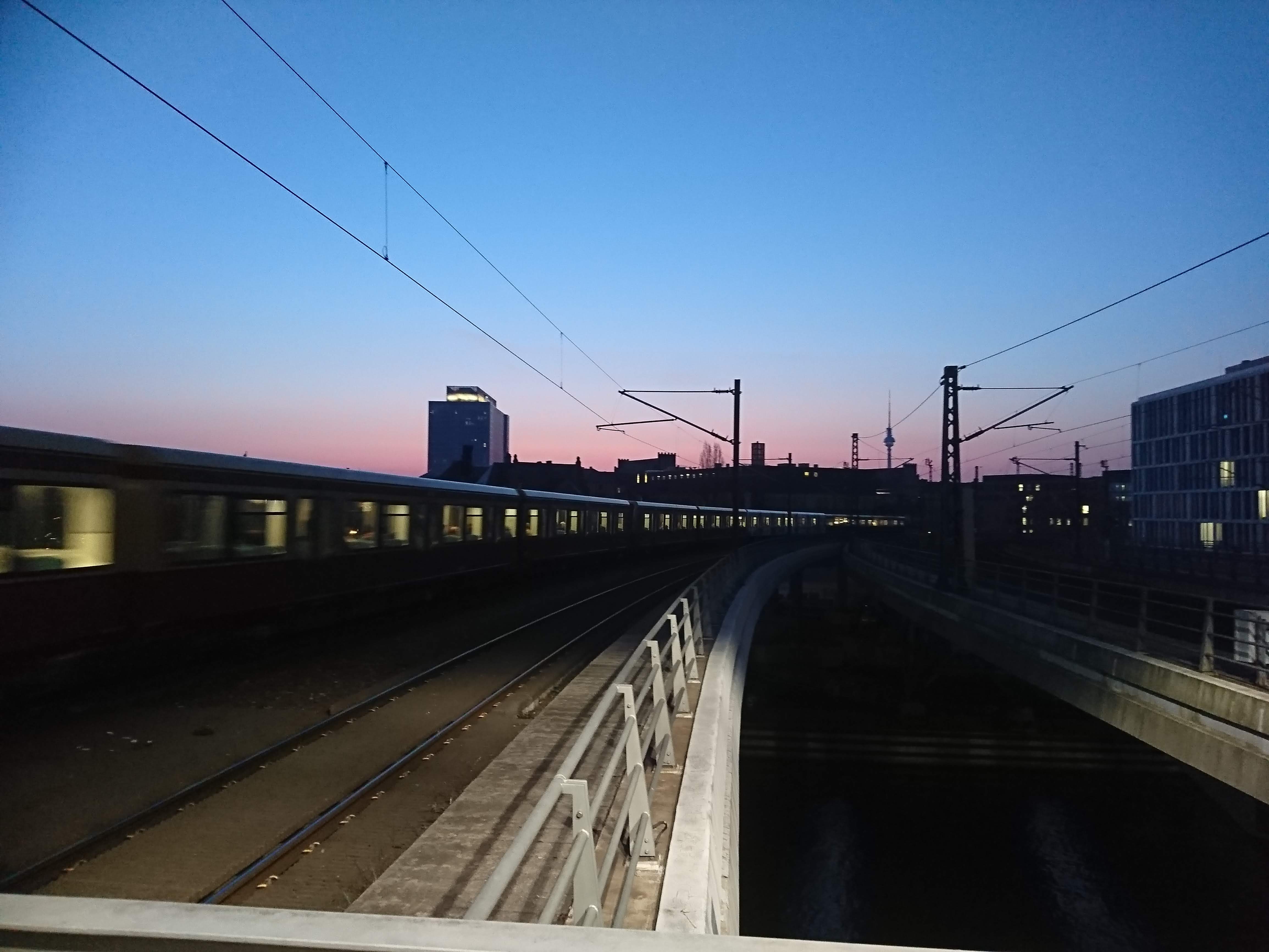
Sion Pickering, Projects Coordinator at the Department for Social Responsibility and Sustainability, reflects on the complex subject of sustainability and business travel on his train journey back from a conference in Berlin.
It’s 06:20 and I’m sitting on a train. No big surprises there, many people participate in this activity every day. It’s shown by the footfall at the train station, and the number of people sitting around me right now. I suspect that the difference between us is that my journey will take me 3400 km, across four countries, and through a 50km tunnel under the sea. I am currently on a train home to Edinburgh from Berlin.
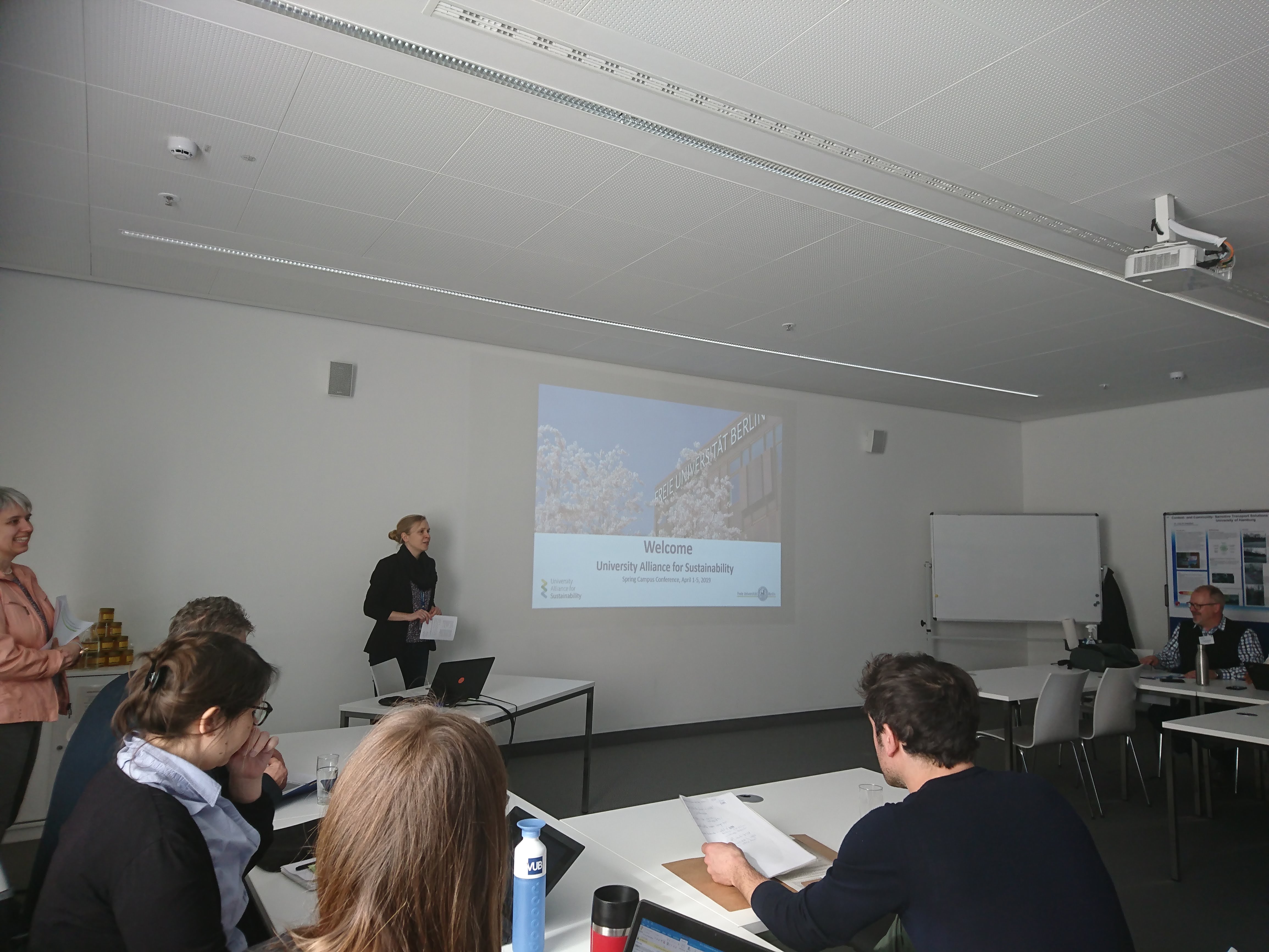 The last three days have been spent attending the University Alliance of Sustainability Spring Campus Conference. One of the main strands of the conference was mobility. To us, that means addressing both local transport – with the view of increasing the use of active transport and public transport – as well as the growing carbon emissions associated with business travel. We had been invited to present our work on this topic.
The last three days have been spent attending the University Alliance of Sustainability Spring Campus Conference. One of the main strands of the conference was mobility. To us, that means addressing both local transport – with the view of increasing the use of active transport and public transport – as well as the growing carbon emissions associated with business travel. We had been invited to present our work on this topic.
I feel that the University of Edinburgh is leading the way on addressing business travel emissions. We have spent a long time understanding our business travel behaviour, and are now confident we are tracking these emissions accurately. So much so that we have a publicly available reporting tool to show the scale of our business travel emissions.
Considering the theme of the conference, it seemed appropriate that I travelled by the lowest carbon mode of transport possible. Our project showed that emissions from flights are between four and five times higher, per km, than trains. Decision made then.
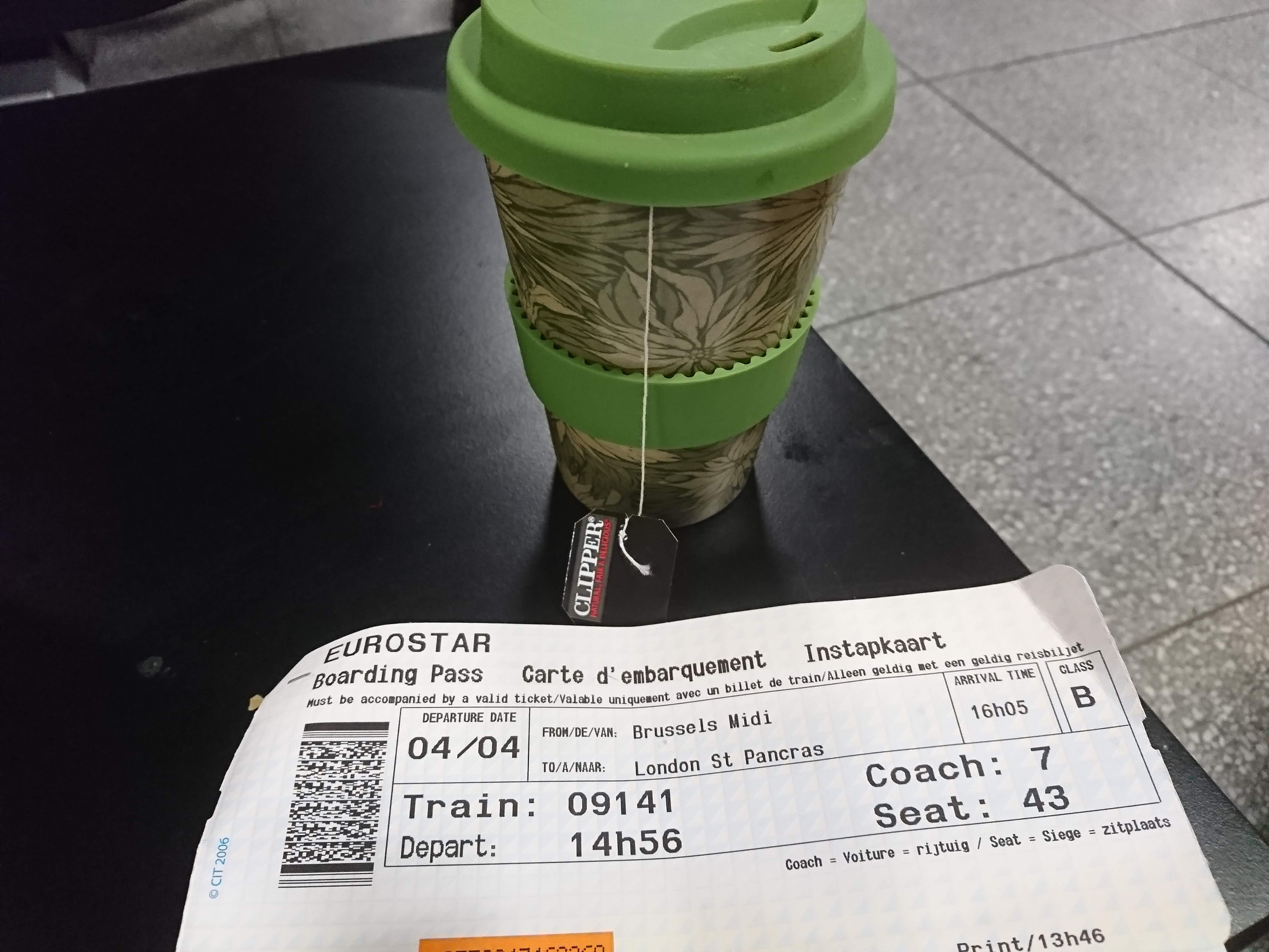 If it all runs to time, the journey will take me 16 hours in total. I have three changes, which will give me an opportunity to stretch my legs. Otherwise, I will spend the time eating, reading, listening to music, and working. Not necessarily in that order. I may even sleep, but probably not straight after finishing the large coffee that is currently sitting on the small table in front of me.
If it all runs to time, the journey will take me 16 hours in total. I have three changes, which will give me an opportunity to stretch my legs. Otherwise, I will spend the time eating, reading, listening to music, and working. Not necessarily in that order. I may even sleep, but probably not straight after finishing the large coffee that is currently sitting on the small table in front of me.
The biggest challenge we face when thinking of business travel is establishing which journeys are necessary and which journeys are not. Reducing travel emissions is not about stopping all journeys. We understand the importance of attending events, conducting research, and collaborating on projects to our institution. We respect that work.
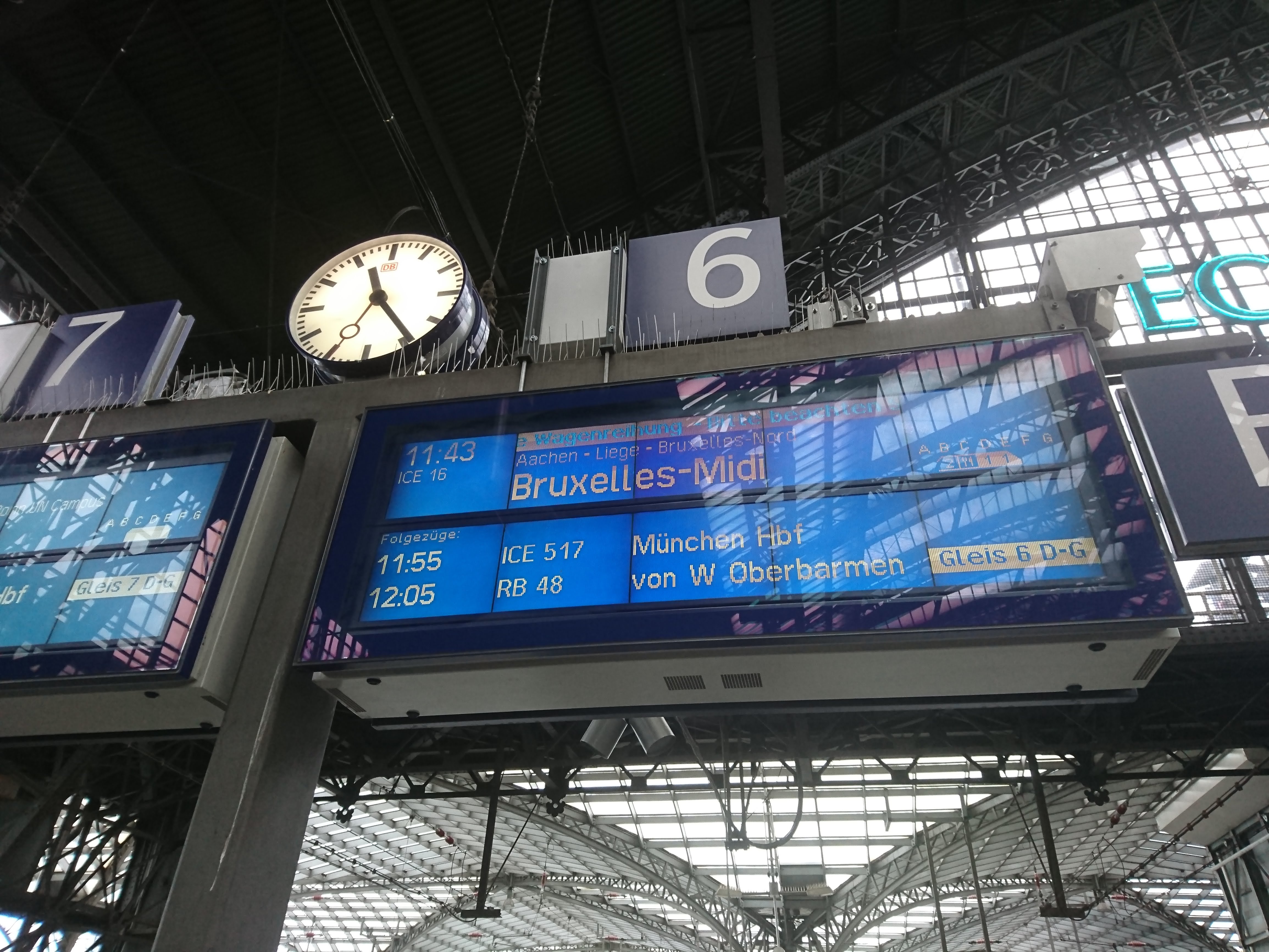 This is pertinent as another member of staff from the University of Edinburgh also attended the same conference. They decided to fly from Edinburgh to Berlin. With a flight time of just over two hours, their “door-to-door” travel time was about six hours overall. After taking into account the additional fees and transport to and from the airport, there was minimal difference in financial terms. Rather than question why they decided to fly rather than take an alternative mode of transport (on this occasion the time taken journeying by train was too long for this individual) I think it is more pertinent to question why two members of staff attended the same event. The costs – in carbon, time, and finances – would have been greatly reduced should only one member of staff had attended.
This is pertinent as another member of staff from the University of Edinburgh also attended the same conference. They decided to fly from Edinburgh to Berlin. With a flight time of just over two hours, their “door-to-door” travel time was about six hours overall. After taking into account the additional fees and transport to and from the airport, there was minimal difference in financial terms. Rather than question why they decided to fly rather than take an alternative mode of transport (on this occasion the time taken journeying by train was too long for this individual) I think it is more pertinent to question why two members of staff attended the same event. The costs – in carbon, time, and finances – would have been greatly reduced should only one member of staff had attended.
It all comes down to the justification for this travel on an individual basis. There are a range of measures by which justification can be achieved. Broadly speaking they fall into three main questions:
- What are the benefits to the University
- What are the benefits to the individual
- What alternative options are available
There is no one right answer to justify a journey for business, and it very much depends on additional factors such as the career stage of the traveller as, arguably, attending such events are more important to those earlier in their careers. We also understand that the full value of travelling to attend an event may not be realised until afterwards. That chance encounter with a new contact over coffee and cake, that discussion that started a new train of thought, that presentation that makes you understand the links between your work and the wider community.
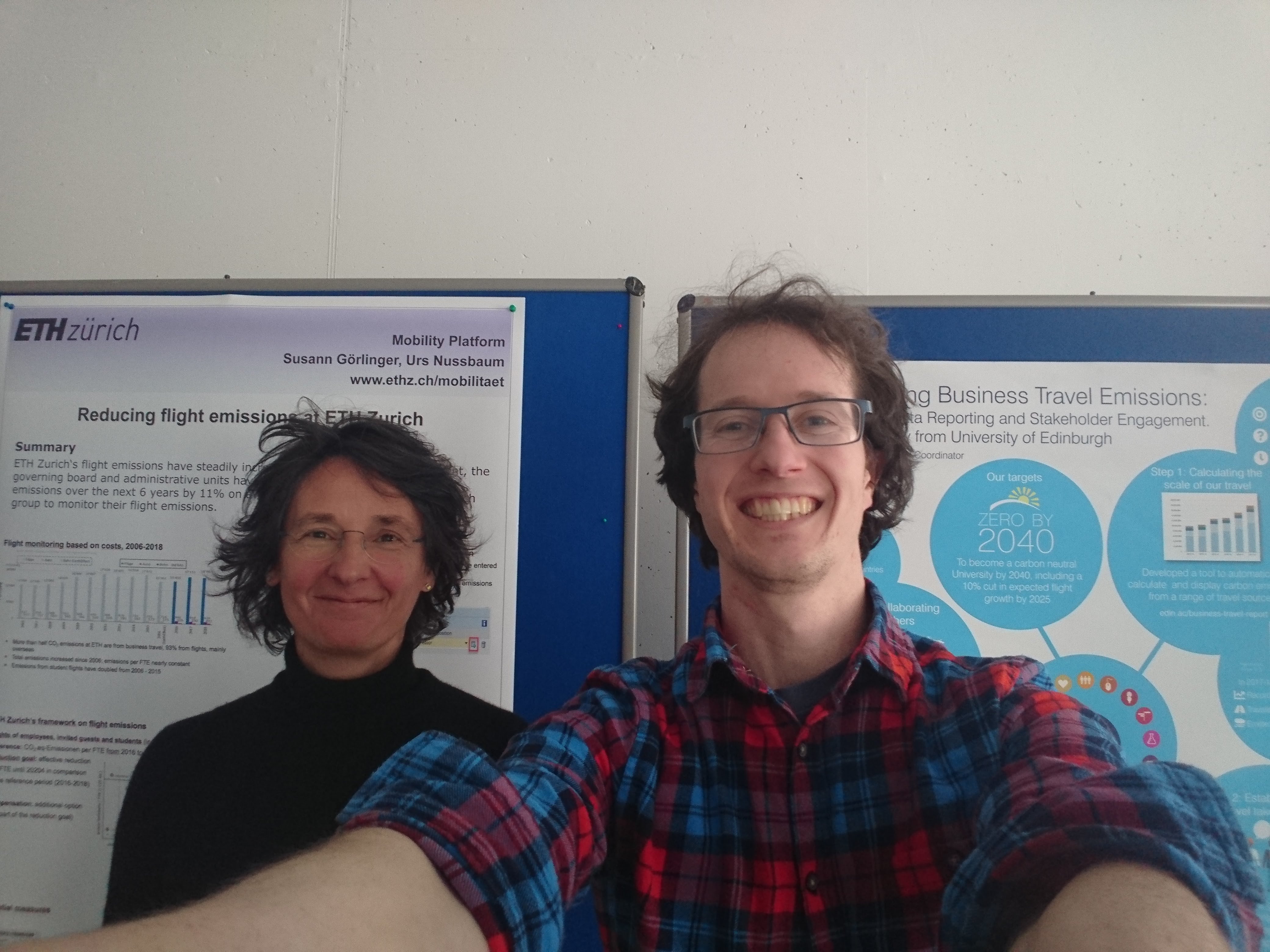 For me this conference helped to reinforce that. Having not attended such an event before I was apprehensive about what to expect. No matter what the courses tell you, networking is not always easy. Walking into a room of 40 – 50 people and starting a conversation with a stranger is challenging. At least at a conference with an overarching theme such as sustainability you have a starting point.
For me this conference helped to reinforce that. Having not attended such an event before I was apprehensive about what to expect. No matter what the courses tell you, networking is not always easy. Walking into a room of 40 – 50 people and starting a conversation with a stranger is challenging. At least at a conference with an overarching theme such as sustainability you have a starting point.
Although it was my first experience of such an event, it helped that I already knew a few individuals who were attending the event. These relationships had been formed through our approach to collaborate with other institutions on business travel in higher education. The Roundtable of Sustainable Academic Travel is in its infancy, and yet the number of institutions that have shown interest in joining this network has been phenomenal. So far, I had only met these individuals virtually – by email or by video meetings. However, it was reassuring to know that this was a good “starter for 10” in the conversation.
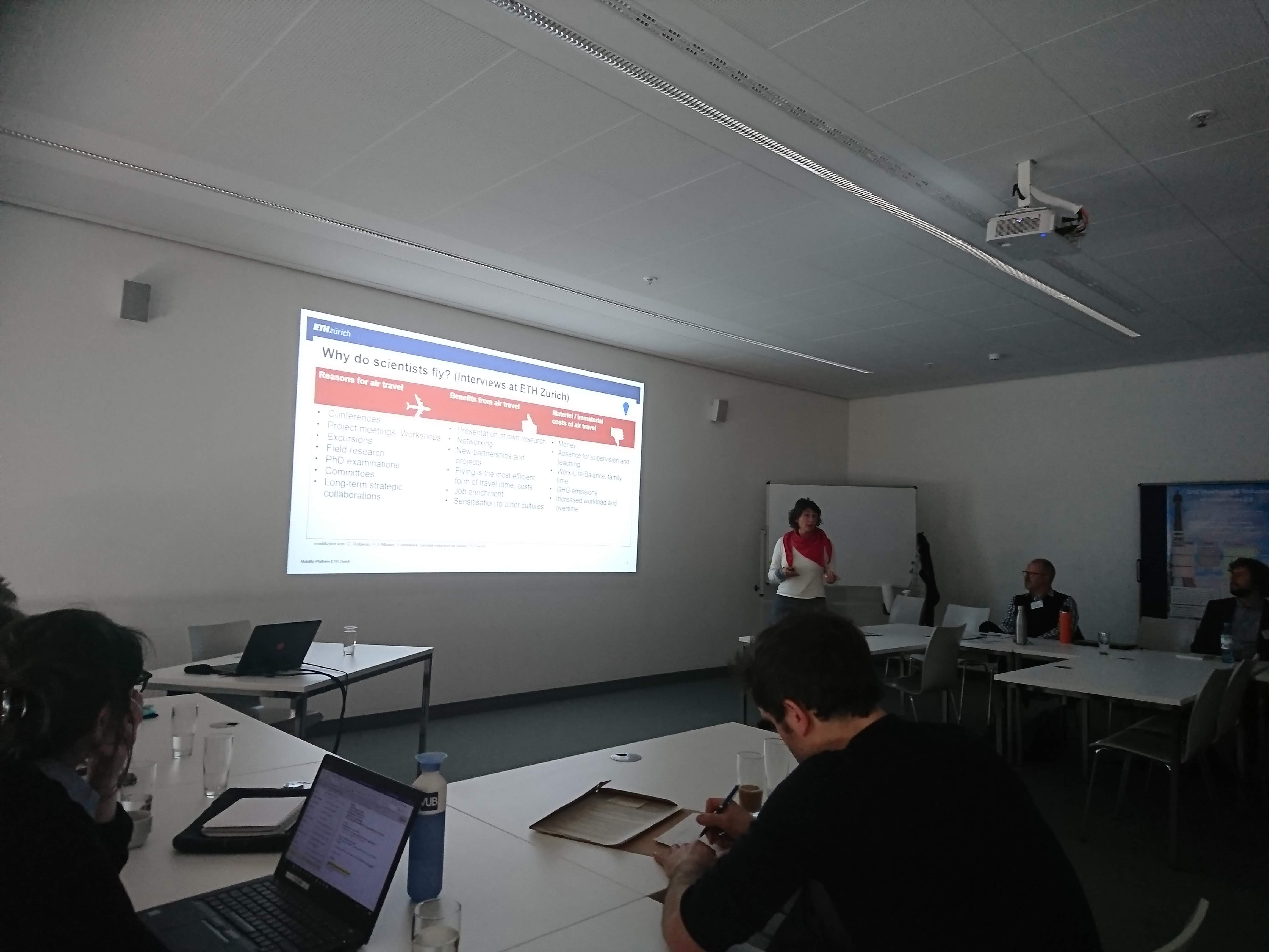 Over the next three days, I was given the platform to share our experience in addressing business travel emissions. More than that, I spent the three days learning about the approach of others, their successes, their failures. Meeting in person was a significant facilitator in this process. To be able to interact with individuals and discuss related topics. It was refreshing to hear that the challenges we face in Edinburgh are the same as in other institutions and that these challenges are not insurmountable. We can get caught up in our own bubble and these events help us see the bigger picture, to see how it all fits together.
Over the next three days, I was given the platform to share our experience in addressing business travel emissions. More than that, I spent the three days learning about the approach of others, their successes, their failures. Meeting in person was a significant facilitator in this process. To be able to interact with individuals and discuss related topics. It was refreshing to hear that the challenges we face in Edinburgh are the same as in other institutions and that these challenges are not insurmountable. We can get caught up in our own bubble and these events help us see the bigger picture, to see how it all fits together.
The design of the conference enabled this. Instead of listening to a string of experts proudly exhaling the results of their projects in front of a large audience, there was a mix of larger sessions and small group workshops. By allowing frank discussions on the sensitive topic of business travel, this brought about real value and certainly galvanised me to take action and follow up. I have a number of new contacts who are interested in the work we are doing at Edinburgh. I am proud that we are leading in certain aspects of this field, and that we are in a position to help other institutions to start thinking about their business travel emissions. Alongside this, I have a number of new contacts whose work on the topic I am envious of. They are much further ahead in certain aspects, and we at the University of Edinburgh have a long way to go before we can truly say we have succeeded in addressing business travel emissions.
I understand the value of business travel a lot more than I did as taking the train from Edinburgh four days ago. Many of these factors were not quantifiable when I was first invited to attend. The justification is much stronger in hindsight.
It’s 06:20 and I’m sitting on a train. I wonder if anyone here is heading as far as Edinburgh?





Recent comments